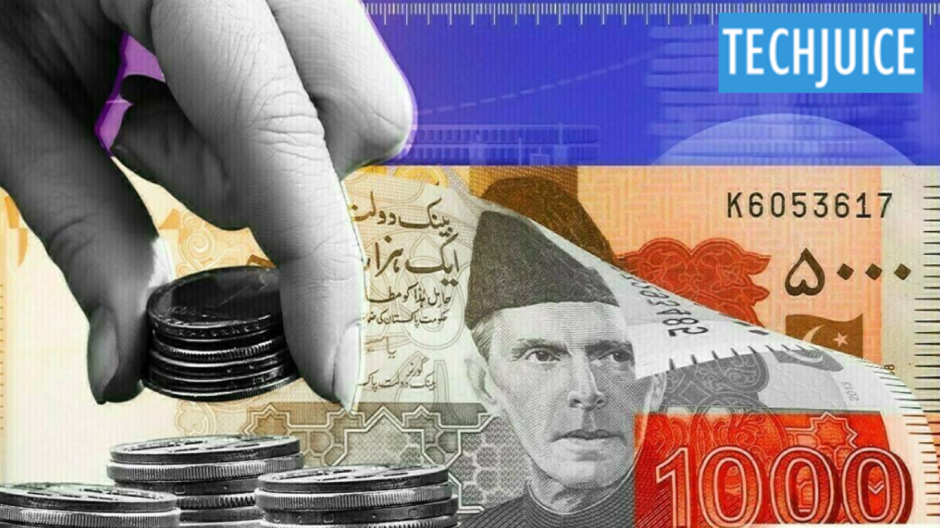The State Bank of Pakistan (SBP) has recently published its payment system review for fiscal year 2024, and the statistics show that the paper-based payment system has again dropped in the current year. On the other hand, the volume of retail payments has touched 6.4 billion, which is 35% higher than in the previous fiscal year. This rise is mainly due to the increased adoption of mobile banking, the launch of the Raast payment system, and the increasing trend towards digital convenience.
Decline of Paper-Based Transactions
In FY 2024, paper-based transactions through bank branches saw a steady decline from 599.1 million in FY 2022 to 571.2 million by the close of FY 2024. This has reduced to 4.16% in the last two years and 0.52% in the last year. However, these transactions remained at a high figure of Rs 447.7 trillion, and the average size of each transaction was Rs 783,000, which indicates that traditional banking is still crucial for high-value transfers.
Retail Payments Surge
On the other hand, retail payment has increased to 6.4 billion transactions in FY24 mainly through digital interfaces. Whereas digital payments now accounts for 84% of the total volume as compared to 76% in the previous year, it evidently shows the start of shift towards online transactions in Pakistan financial sector.
Mobile banking has remained central in this growth with the transactions having risen by 70%, from 660.6 million to 1,122.8 million. Mobile banking transactions have been on the rise and increased to Rs 46.3 trillion by the end of the FY 2024 with a growth of 95%. In addition, internet banking transactions increased by 30% proving the trend towards digitalization.
The Role of Raast in Digital Convenience
The introduction of Raast has played a crucial role in facilitating this shift towards digital convenience. Since Raast is a back-end payments system, it enables real-time transaction settlements which in turn make digital payments more convenient. In the financial year 2024 Raast handled a total of 496.1 million transactions worth Rs 11,558.3 billion compared to 147.2 million transactions worth Rs 3,074.4 billion in the previous financial year.
The reduction in paper-based transactions coupled with the phenomenal increase in retail payments is a clear indication of a paradigm shift in Pakistan’s financial environment. The nation has now completed 6.4 billion retail transactions in the FY24 and the consumer demand for mobile banking and digital payment solutions such as Raast is on the rise. This transition not only enhances consumer convenience but also positions Pakistan for a more efficient, cashless economy, paving the way for a modern financial future.











